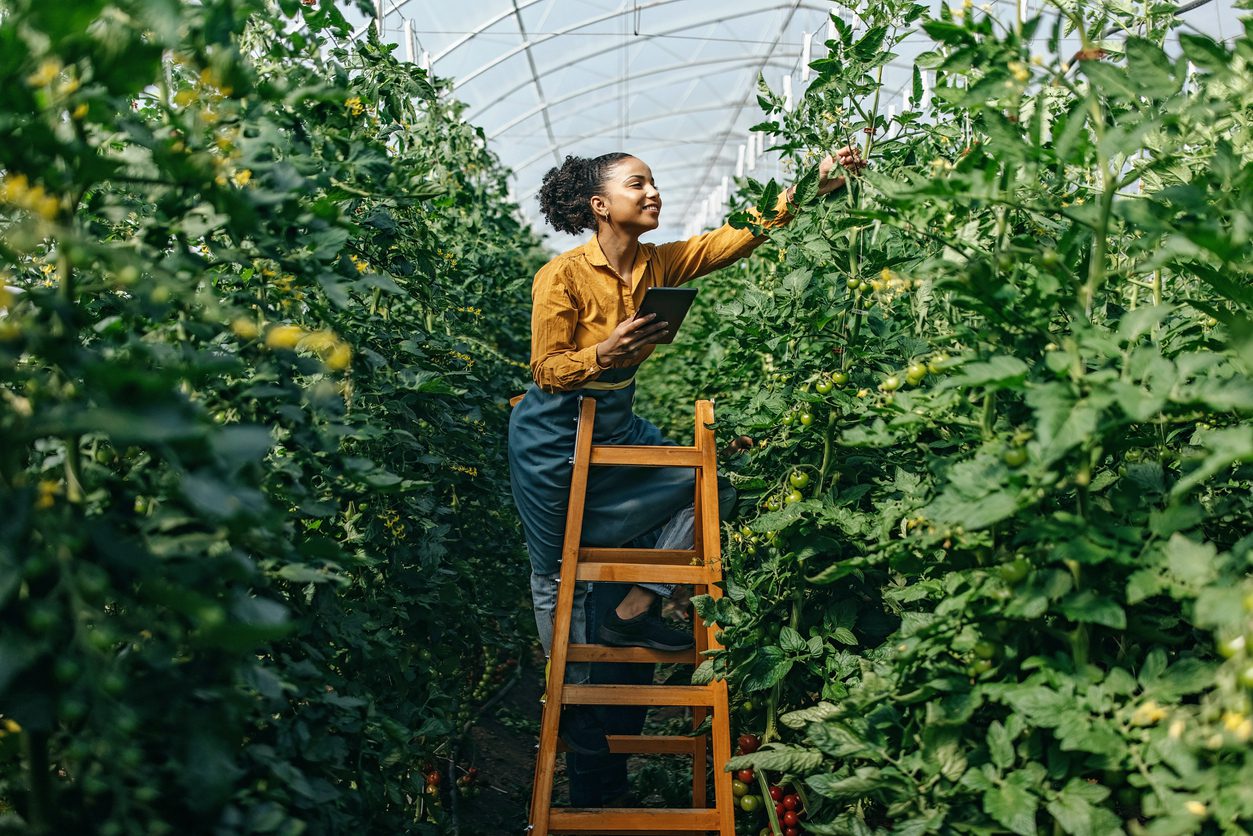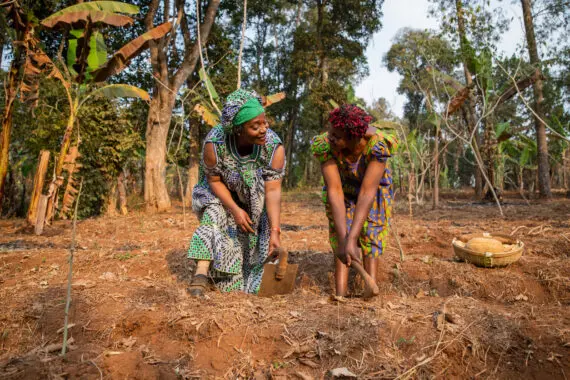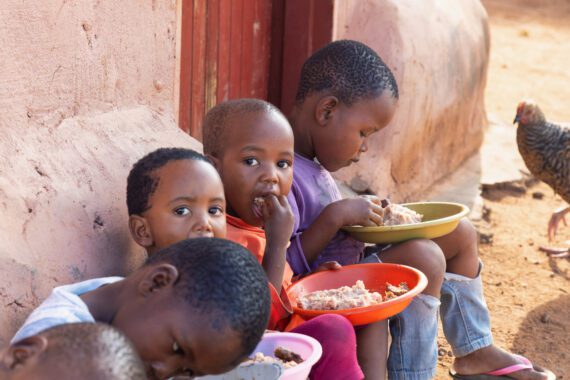According to the Growing Economies Through Gender Parity report, closing the global gender workforce gap—reaching parity in workforce participation, work hours, and so forth– could add $28 trillion to the global GDP over a 10-year period.
This is just one example of why it is impossible to separate today’s global food crisis, its disproportionate impacts on women and girls, and the need for a global economy that benefits all people.
Around the world, more women than men lack sufficient calories and nutrients. The “face of hunger” is likely to be female. Gender inequity is a very old human failing found nearly everywhere. Inequities take various forms, but all affect every facet of life and prevent women from reaching their potential.
For example, in agriculture, women do much of the farming in lower-income countries, but they are constrained in countless ways by gender bias. Just a few of its many possible forms: discrimination in access to credit, laws that make it difficult or impossible to hold title to land, and/or hand tools for farming that are designed for men.
It is far more difficult to create a strong economy if half of those participating are working with one or both hands tied behind their backs. Gender equity benefits everyone. Girls who are educated and well-nourished are in a far better position to contribute to their local economies and create jobs. Women who have their own sources of income are likely to send their children to school.
Effectively implementing the Global Food Security Act (GFSA) is one way the United States can make progress toward ending hunger while also contributing to gender equity and inclusive economies. Bread members have mobilized several times in the past few years to help ensure that GFSA was first passed and then reauthorized.
There are a number of current opportunities to integrate GFSA’s achieving goals, pursuing gender equity, and ending hunger and malnutrition, making it easier to make progress on each. Here are a few examples of these vehicles.
March is Women’s History Month and also when the U.N. Commission on the Status of Women (CSW) holds its annual discussions. 2023 marks CSW 67. Because of the global hunger crisis, the agenda includes review of CSW’s 62nd session in 2018, which focused on empowering female rural residents. Hunger is a top concern for rural women and girls.
In January 2023, USAID Administrator Samantha Power launched the agency’s Gender Equity and Equality Action (GEEA) Fund, created to support the U.S. Strategy on Global Women’s Economic Security. This is the first-ever U.S. interagency effort focused on women’s full participation in global economic growth and prosperity. The initiative strives to advance equity by increasing women’s access, incomes, and opportunities in agriculture and other sectors.
Feed the Future is working to achieve GFSA’s objectives in 20 countries. A key indicator of success is to what extent women smallholder farmers are treated as being on an equal footing with their male counterparts. A second marker of success is whether the GFSA and the GEEA Fund are effectively integrated into food security programs.
A third marker of GFSA success is whether female agricultural researchers are fully integrated into efforts to improve locally produced crops. Women researchers at the International Crops Research Institute for Semi-Arid Tropics in Kenya and India are breeding various varieties of millet, a nutrient-dense and climate-resilient crop. In the era of climate change that creates hunger emergencies, millet is critically important to ensuring that millions of people in Africa and parts of Asia have sufficient nutritious food. The work of female researchers is critical to ensuring that policies on food, technology, and business are gender-informed and promote economic empowerment for everyone.
Another U.S. initiative on gender equity in agricultural research is Feed the Future’s Gender Responsive Agricultural Systems Policy (GRASP), which will serve as a fourth indicator of GFSA’s progress. GRASP is a three-and-a-half-year virtual fellowship program for female policymakers in Africa that seeks to catalyze policy change toward gender equity in food systems. The GRASP Fellowship can support up to 100 participants with networks, mentorship, and professional development.
Bread will continue to follow the progress of Feed the Future in strengthening food security while also advancing gender equity and inclusive economies with shared prosperity.
Abiola Afolayan is co-director, Policy and Research Institute, with Bread for the World.



